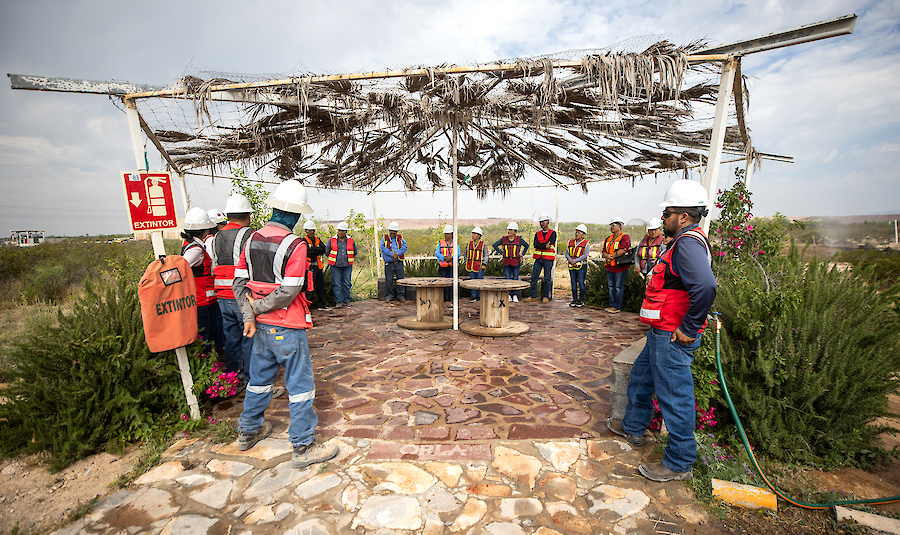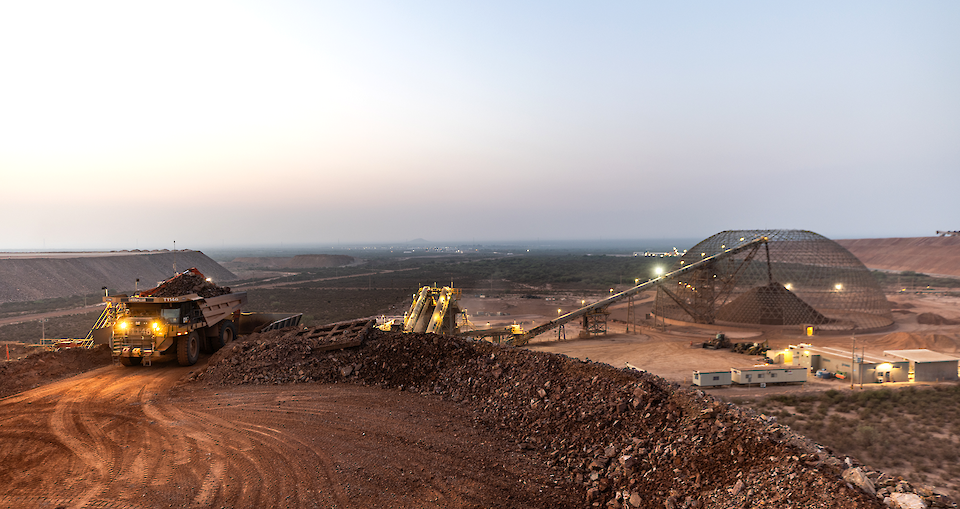Corporate
Environment
Climate Change
Building an Adaptation Pathway
Orla is committed to being part of the climate solution, which is essential to our purpose of creating net-positive benefits for our stakeholders. We know we can do this by working with our employees, contractors, suppliers, and communities, and by embedding climate considerations into our decision-making and operations, as we endeavour to limit our GHG footprint.
Climate change is widespread and no country, organization, or species is immune from the adverse consequences of a changing climate. In the face of this major global threat, enormous work and collaboration arerequired to reduce global greenhouse gas (GHG) emissions and make urgent progress toward reaching net-zero emissions by 2050 or sooner.
Gold mining – and mining in general – is a major industrial activity that generates GHG emissions, including carbon dioxide (CO2), methane (CH4), and nitrous oxide (N2O). As a responsible mining company, we understand that Orla must take effective action to make our operations energy efficient and contribute to cleaner methods of mining.

Water
From exploration drilling to mineral processing, water is required for many aspects of a mining operation. Yet water is possibly the most critical ESG challenge for any mining company simply because water is interconnected with other pressing material issues. For instance, water scarcity and frequent storm events are linked to climate change and can impact a mining operation.
Water risks to mining businesses include those related to the quantity of water used for operations and the potential impact our mining activities have on local water quality and availability.
At Orla, we understand that to maintain public support for our social license to operate, to comply with water-related permits, and be a sustainable business, it is critical that we manage water responsibly. Our practices to minimize resources consumption allowed the Camino Rojo operation to achieve a reduction of 18% last year in total water consumption.
Waste & Hazardous Materials
Responsible management of waste and hazardous materials is critical to protect people and local ecosystems, while reducing risk and environmental liability for our business. Gold mining uses and generates both waste and hazardous materials, which vary depending on the type of mine and operations.
Our objective is to minimize all forms of waste generated by our operations and to manage it responsibly. We look for new opportunities to reduce waste, incorporate circular economy approaches, and extend the life cycle of the products we use.
Air Quality
The mining industry’s potential impact on air quality, from activities that produce dust or gaseous emissions, is both a local and global issue. For example, dust generated by blasting, crushing, and hauling rock, as well as diesel particulate matter from engines, can adversely affect ecosystems and human health, if left unmitigated.
Addressing Orla’s impact on air quality is essential for meeting our social license to operate and living up to our purpose to transform resources into a net-positive benefit for all of our stakeholders.
Biodiversity
Path to Nature-Positive Operations
Our commitment to biodiversity starts with planning ahead to identify and address any possible ecological, wildlife, and land use impacts. Orla has environmental management plans at each of our sites to ensure we monitor and protect biodiversity and comply with permit conditions and regulatory obligations.
These plans cover the different stages of project lifecycles and address risks to various biodiversity elements. Our plans include monitoring wildlife, plants, and species, with a focus on species at risk that have been identified through the environmental baseline studies.
Read more about our approach to Environmental Issues






